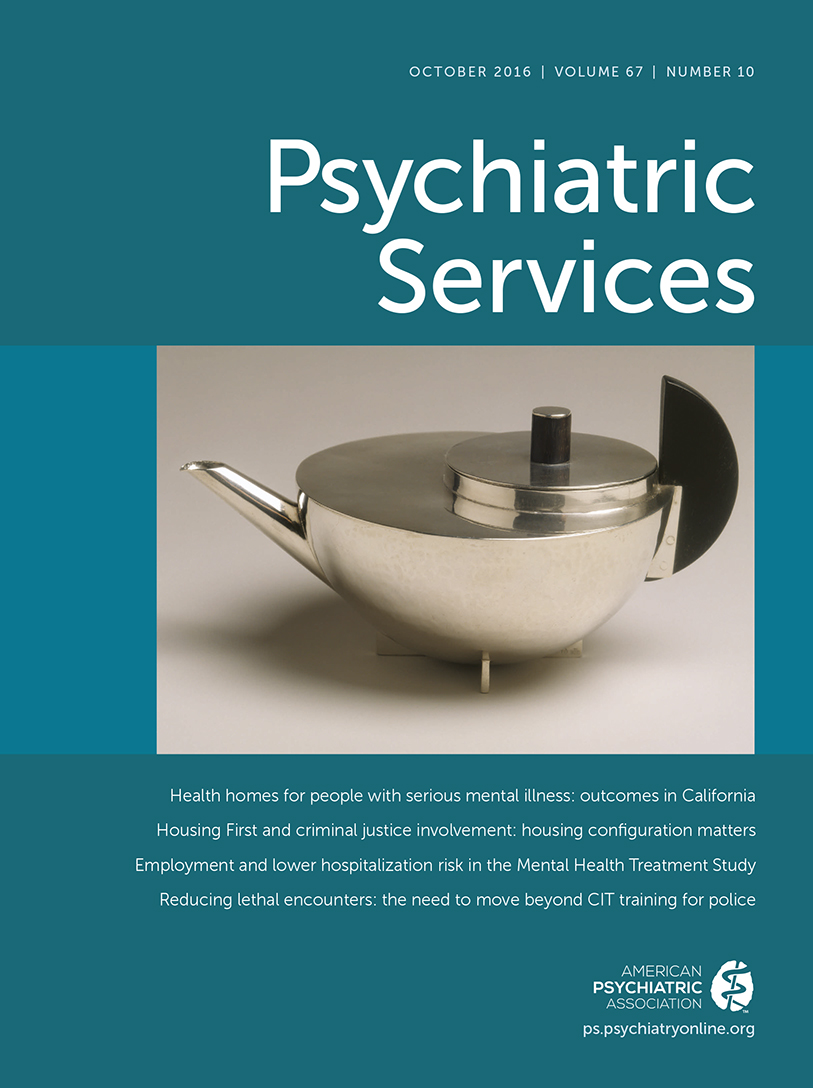Policy Implications of the Mental Health Treatment Study
Abstract
The Social Security Administration’s Mental Health Treatment Study (MHTS) produced positive mental health, employment, and quality of life outcomes for people on Social Security Disability Insurance (SSDI). The investigators discuss major policy implications. First, because integrated, evidence-based mental health and vocational services produced clinical and societal benefits, the authors recommend further service implementation for this population. Second, because provision of these services did not reduce SSDI rolls, the authors recommend future research on prevention (helping people avoid needing SSDI) rather than rehabilitation (helping beneficiaries leave SSDI). Third, because integrating mental health, vocational, and general medical services was extremely difficult, the authors recommend a multifaceted approach that includes streamlined funding and infrastructure for training and service integration. Fourth, because insurance coverage for people with disabilities during the MHTS (pre–Affordable Care Act) was chaotic, the authors recommend that financing strategies emphasize functional—not just traditional clinical—outcomes.



